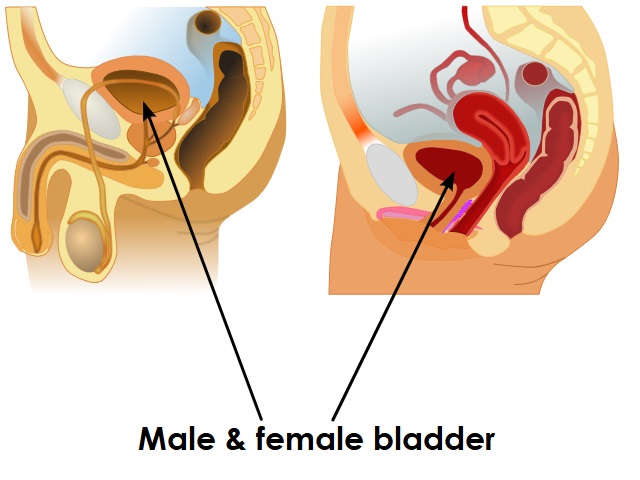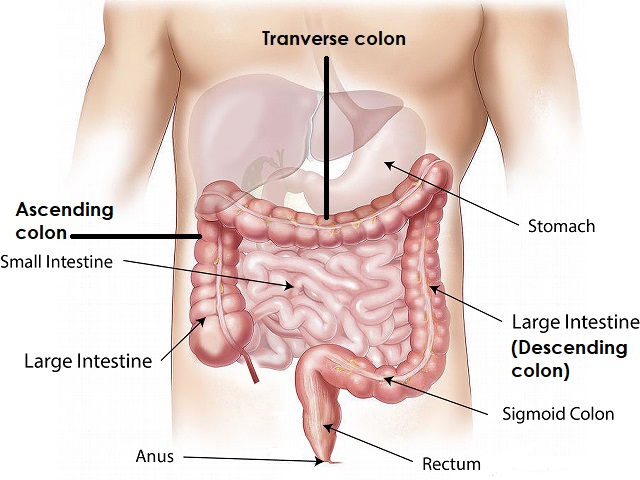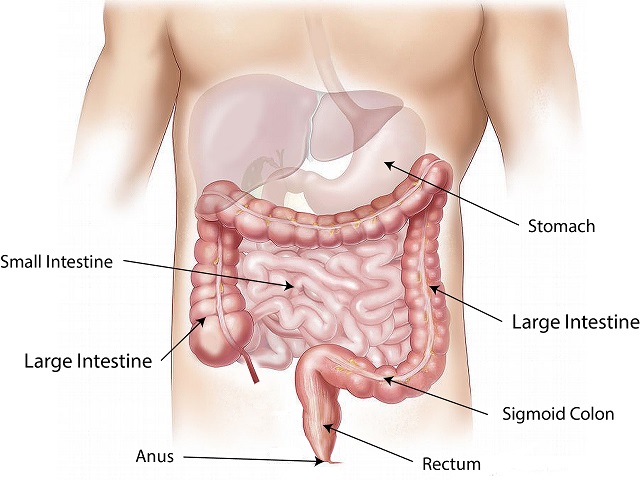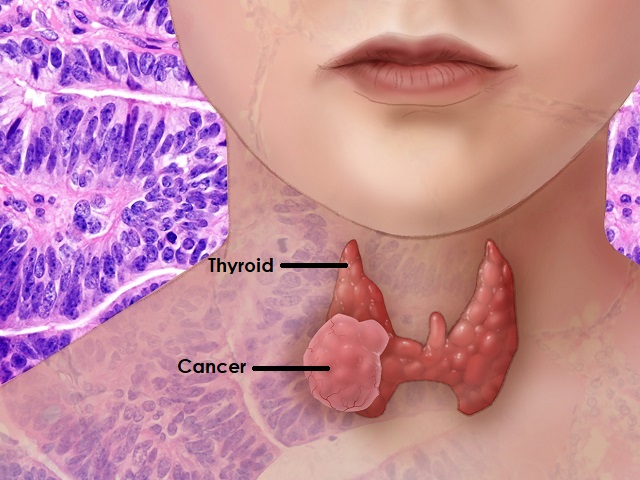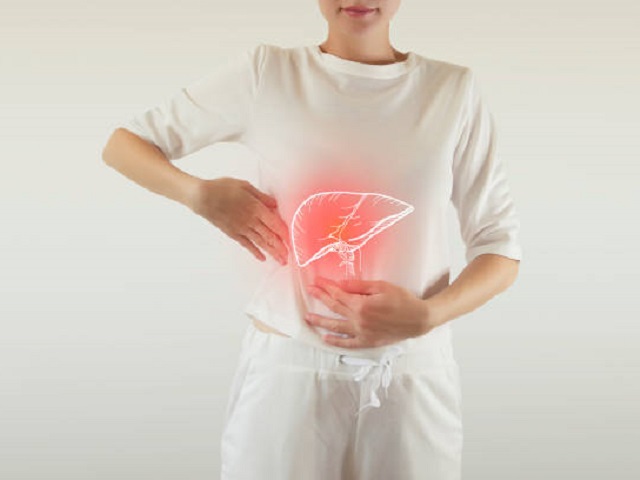5 Signs You May Have Bladder Cancer -- Symptoms, Causes, Effects, Treatment and Prevention
Male anatomy blank.svg: alt.sex FAQ, derivative work: TsaitgaistFemale anatomy with g-spot.svg: Tsaitgaistderivative work andrybak, CC BY-SA 3.0, via Wikimedia Commons
Bladder cancer refers to the abnormal growth of cancerous cells in the tissues of the bladder, the organ responsible for storing urine. It is a relatively common type of cancer, and its development is often linked to long-term exposure to certain risk factors. Here is an explanation of bladder cancer, along with its symptoms, diagnosis, causes, effects, treatment, and prevention:
Symptoms of Bladder Cancer:
The symptoms of bladder cancer may vary, but common signs include:
- Hematuria: Blood in the urine, which may cause it to appear pink, red, or rusty.
- Urinary changes: Frequent urination, urgency, pain or burning during urination, or difficulty urinating.
- Back or pelvic pain: Pain in the lower back or pelvic area.
- Fatigue: Persistent tiredness or weakness.
- Weight loss: Unexplained weight loss.
Diagnosis of Bladder Cancer:
Diagnosing bladder cancer typically involves the following:
- Medical history and physical examination: Evaluation of symptoms, risk factors, and overall health.
- Urine tests: Examination of a urine sample for the presence of blood or abnormal cells.
- Imaging tests: Imaging techniques such as ultrasound, CT scan, or MRI to visualize the bladder and surrounding structures.
- Cystoscopy: Insertion of a thin tube with a camera (cystoscope) into the bladder to directly visualize abnormalities and collect tissue samples for biopsy.
- Biopsy: Removal of a small sample of bladder tissue for microscopic examination to confirm the presence of cancerous cells and determine the type and stage of cancer.
Causes of Bladder Cancer:
The development of bladder cancer is often associated with specific risk factors, including:
- Smoking: Cigarette smoking is the leading cause of bladder cancer, responsible for a significant number of cases.
- Occupational exposure: Certain occupations involving exposure to chemicals such as aromatic amines, dyes, or industrial solvents increase the risk.
- Age and gender: Bladder cancer is more common in older individuals, and men are at a higher risk than women.
- Chronic bladder inflammation: Recurrent bladder infections or other chronic inflammatory conditions can increase the risk.
- Personal or family history: Previous bladder cancer or a family history of the disease can contribute to an increased risk.
Effects of Bladder Cancer:
Bladder cancer can have several effects on both physical and emotional well-being, including:
- Local spread and invasion: Bladder cancer can invade deeper layers of the bladder or spread to nearby organs or lymph nodes.
- Metastasis: Advanced bladder cancer can metastasize to distant organs, such as the liver, lungs, or bones.
- Urinary problems: Bladder cancer can cause urinary dysfunction, including frequent urination, urgency, or urinary incontinence.
- Emotional impact: Coping with a cancer diagnosis and undergoing treatment can have emotional and psychological effects.
Treatment of Bladder Cancer:
The treatment of bladder cancer depends on various factors, including the stage and grade of the cancer. Treatment options may include:
- Surgery: Transurethral resection of bladder tumor (TURBT), partial or radical cystectomy, or urinary diversion procedures.
- Intravesical therapy: Administration of medications directly into the bladder through a catheter, typically used for non-invasive bladder cancer.
- Radiation therapy: High-energy radiation to target and kill cancer cells, either alone or in combination with other treatments.
- Chemotherapy: The use of drugs to kill cancer cells, either intravenously or directly into the bladder.
- Immunotherapy: Stimulating the body's immune system to recognize and attack cancer cells.
- Targeted therapy: Using drugs that specifically target certain genetic mutations or proteins involved in cancer growth.
Prevention of Bladder Cancer:
While it may not always be possible to prevent bladder cancer, certain measures can help reduce the risk:
- Quit smoking or avoid exposure to tobacco smoke.
- Minimize exposure to occupational chemicals and toxins.
- Stay hydrated and maintain a healthy diet rich in fruits and vegetables.
- Practice good hygiene and promptly treat urinary tract infections.
- Follow safety guidelines when handling chemicals or working in industries with potential exposure risks.
Please note that the information provided is for general knowledge purposes. It is essential to consult with healthcare professionals for an accurate diagnosis, personalized treatment plan, and advice specific to individual circumstances.
References:
American Cancer Society. (2022). Bladder Cancer. Retrieved from https://www.cancer.org/cancer/bladder-cancer.html
Mayo Clinic. (2022). Bladder Cancer. Retrieved from https://www.mayoclinic.org/diseases-conditions/bladder-cancer/symptoms-causes/syc-20356104





